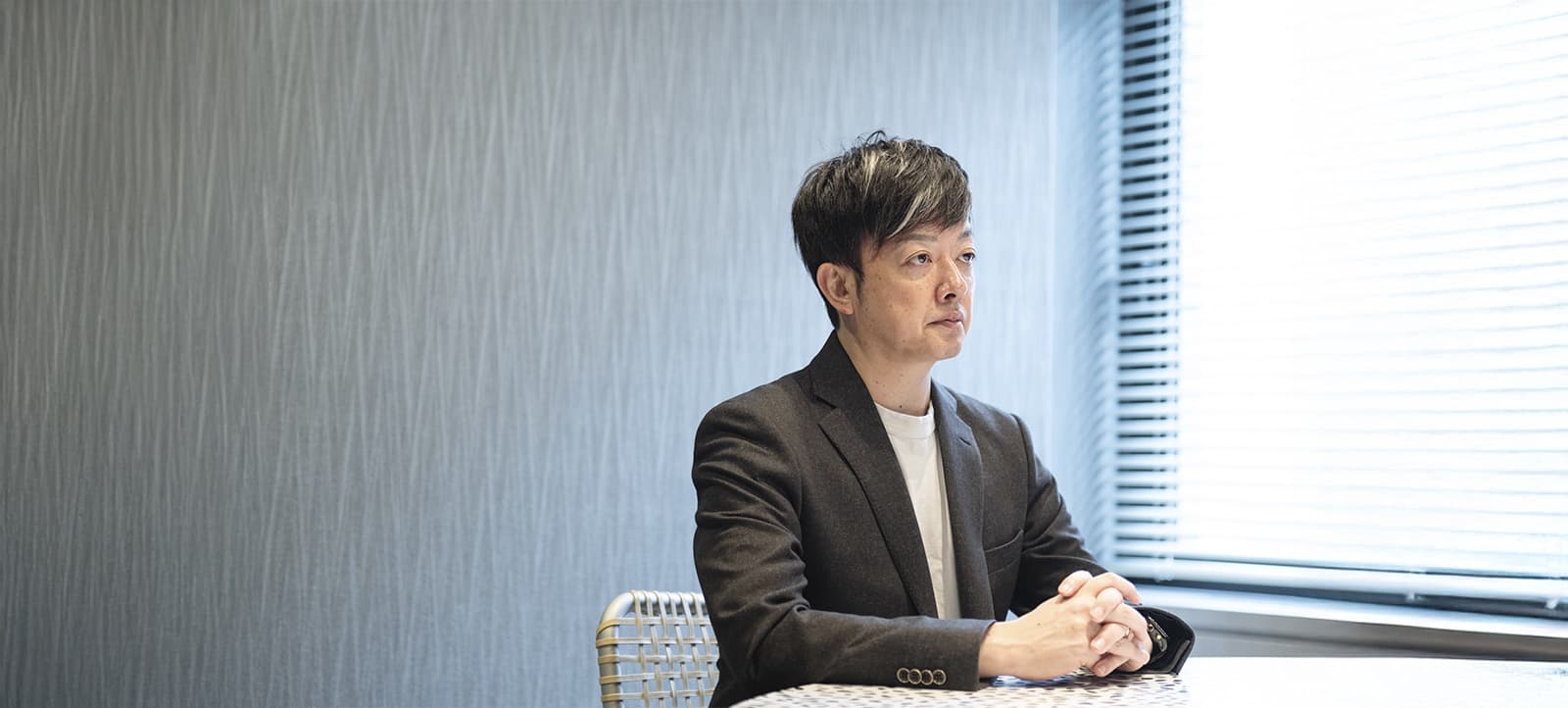My History
Our company is dedicated to spreading PHI Pilates, headquartered in Pittsburgh, USA, throughout Asia and Japan. We focus especially on training PHI Pilates instructors and also provide certifications.
Pilates is a fitness method created by Joseph Pilates, a German, designed to promote true well-being. Developed during World War I to help rehabilitate injured soldiers, it was later widely adopted by dancers. Despite Joseph Pilates' passionate efforts, it wasn’t formally recognized in medical or educational settings at the time. However, over the years, Pilates has gained popularity worldwide, and its use in medical fields is gradually increasing.
PHI Pilates is one of the organizations that officially continues the teachings of Joseph Pilates. I met Christine, the founder of PHI Pilates, 18 years ago, and since then, I have been working to introduce PHI Pilates in Japan. Currently, we have exclusive business operations in Asia, and we launched our business in Taiwan in March.
In PHI Pilates, we focus on the balance of muscles and the positioning of bones. In fact, when the X-rays of about 4,500 people without any diseases are stacked, the correct bone position becomes apparent. This means that there is an ideal bone position for the human body. PHI Pilates examines the muscle balance and bone positioning based on this ideal.
We also ensure that our PHI Pilates instructors meet a certain level of expertise. To maintain these standards, we hold certification training every two years, allowing those who have studied properly to renew their certifications. These regular renewals help maintain instructor quality, ensuring a safe and comfortable environment for our participants. Additionally, by keeping up with the latest research presented at annual conferences in physical therapy and athletic training, we continue to expand our knowledge of Pilates.
The Present
Throughout history, old cultures have been destroyed and new ones have emerged through conflicts between nations. However, Japan has experienced less cultural destruction compared to other countries. After World War II, foreign cultures flowed into Japan, but traditional culture has been preserved.
In the field of exercise, I want to leave Pilates as a legacy for future generations in Japan. My name or CODE7 may eventually fade, but I want to create a world where it’s natural for people to say, ‘I’ll go to Pilates’ when they have shoulder pain or knee or back issues. I hope this not only spreads across Japan, but throughout Asia as well.
I also encourage our employees to always consider whether their actions will leave something worthwhile for future generations when they face a dilemma. ‘Is this something that will be passed down with pride, or something that should be left behind?’ This serves as a clear standard for decision-making. By offering PHI Pilates, which focuses on the essence of the body, and leaving behind better practices for future generations, I believe this is why our customers have given us positive feedback.
One of our missions is to raise the social status of instructors. Improving the social status of instructors means better salaries and the ability to work in a healthier, more supportive environment. We aim to cultivate instructors with hospitality and strong teaching skills, and we’re committed to improving the industry so they can work in better conditions. By helping instructors thrive in their work, we want to create a positive cycle that attracts more customers.
For the Future
While preserving valuable traditions, as a business owner, I place great importance on adapting to the changes of the times. In our Pilates program, it’s essential to study functional anatomy, focusing on the structure of the body and how it moves. We specifically concentrate on bones and muscles, and because the information is vast, we developed an AI-powered app called 'PokeMoke' – a pocket-sized human anatomy model – to help learners. This app is designed to make learning easier and is available to our students.
The app adapts the questions based on the learner’s proficiency and level. Additionally, incorrectly answered questions are presented again after some time, reinforcing learning. This adaptive learning feature is a first in the industry, and we’ve even received a patent for it. Around 30% of the app users are from outside our industry, including office workers and housewives, all eager to improve their knowledge. To make it accessible for everyone, we’ve included pronunciation guides for technical terms, ensuring that the app is user-friendly and easy for anyone to use.
Looking back, many people say Pilates makes their daily life much easier. There is a 76-year-old woman who has been practicing PHI Pilates for 18 years, and after each session, she says she feels lighter, stating, ‘I don’t feel the weight of my body anymore.’ Especially for those in their 50s and 60s, who find themselves caught between generations and facing daily struggles, my hope is for them to experience the benefits of Pilates for body adjustment. Of course, I recommend it for both younger and older individuals as well. Pilates is something you can practice for a lifetime. In fact, at our U.S. headquarters, we have a 95-year-old participant, and here in Japan, the oldest participant is 86.
To ensure bones are in the correct position, muscle balance must be achieved. This helps the body move efficiently. With this foundation, our goal is to ‘leave behind better practices for future generations.’ We will continue our work and hope to introduce PHI Pilates to many more people experiencing physical discomfort.
